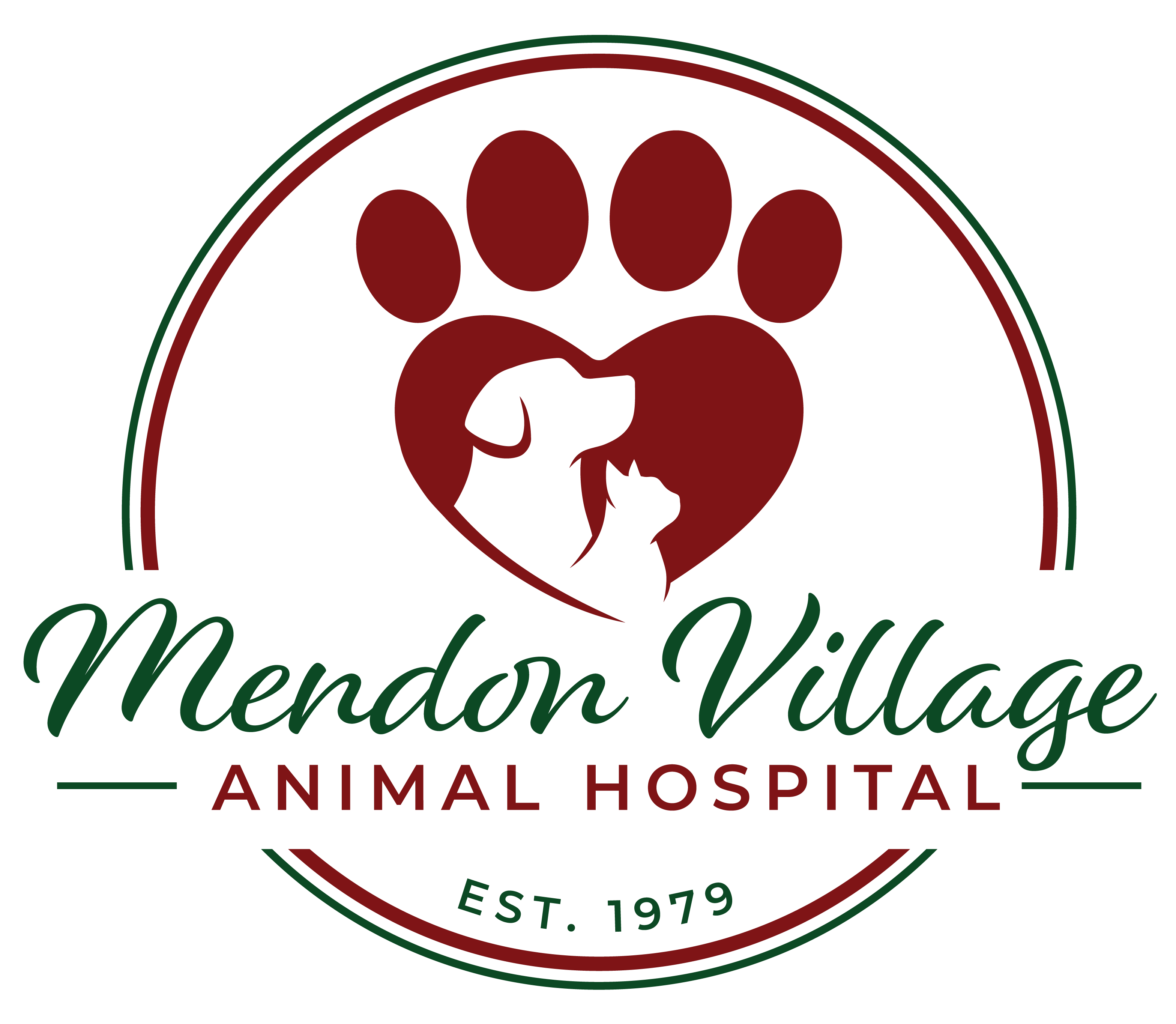Library
-
Vascular tumors of the skin develop from the blood vessels of the skin. These tumors may arise anywhere on the body and appear as a firm and raised lump on or under the skin. Hemangiomas may ulcerate and bleed; hemangiosarcomas may bleed into the surrounding tissues. This type of tumor is typically diagnosed via a tissue biopsy or surgical removal of the entire tumor. Surgery is the recommended treatment for vascular tumors of the skin.
-
Vestibular disease is when a cat suddenly develops incoordination, falling or circling to one side, involuntary darting of the eyes back and forth, a head tilt, and often nausea or vomiting. Most cases are idiopathic, meaning the exact cause is unknown. Idiopathic vestibular disease is a short-term, self-resolving condition with a good prognosis.
-
Feline viral testing typically encompasses testing for feline leukemia virus (FeLV), feline immunodeficiency virus (FIV), and coronavirus which causes feline infectious peritonitis (FIP). Testing for FeLV and FIV is recommended to detect underlying causes to illness, to screen apparently healthy cats who may have been exposed to the viruses, and to identify carriers of the viruses prior to introducing cats into a household of other cats. FIP testing is somewhat more problematic.
-
Testing for FeLV is recommended to detect underlying causes to illness, to screen apparently healthy cats who may have been exposed to the viruses, and to identify carriers of the viruses prior to introducing cats into a household of other cats. Testing protocols are discussed. Vaccination against FeLV will not affect the outcome of a cat already infected with the virus nor will it affect testing.
-
Visceral vascular tumors are tumors which arise from blood vessels. The main tumor types are hemangiosarcomas (cancerous) and hemangiomas (benign). The clinical signs vary depending on the location of the tumor. Surgery is the recommended treatment option. Given the highly metastatic nature of hemangiosarcoma, chemotherapy is also recommended.
-
The Vizsla is a Hungarian pointer, utilized by the Magyar nomadic tribe along with their falcons, to hunt birds and track game. They need a lot of vigorous activity, but as long as they get it, they are gentle enough to lie quietly by Grandpa's feet as he snoozes.
-
Vomiting may be caused by disorders of the stomach, but is a clinical sign that can occur with many diseases and problems. Different types of vomiting are reviewed. Any required tests are determined based on physical examination of your cat and questions regarding how your cat has been acting and feeling at home.
-
Vomiting is the forceful evacuation of stomach contents. It is a clinical sign of a disease. Most cases of acute vomiting resolve quickly with simple treatment, without the underlying cause being diagnosed. Any required tests are determined based on physical examination of your pet and the signs your dog has been displaying at home.
-
Von Willebrand's disease is an inherited bleeding disorder. Cats with von Willebrand's disease lack von Willebrand's factor, a blood protein that helps platelets adhere to sites of blood vessel injury. Although affected cats have normal platelets, they experience clotting difficulties because their platelets do not properly adhere to injury sites.
-
Von Willebrand’s disease is a bleeding disorder that results from the lack of von Willebrand factor (vWF), a protein needed to help platelets clump together and seal broken blood vessels. Affected dogs have varying amounts of vWF. Doberman Pinschers are the most common breed affected but they are mildly affected compared to Scottish terriers and Chesapeake Bay retrievers. Dogs can develop bleeding at any time in their life. Certain drugs that interfere with platelet function should be avoided in affected dogs. Treatment of severely affected dogs requires a blood or plasma transfusion. Screening of breeding animals is recommended to reduce the incidence of the disease.

